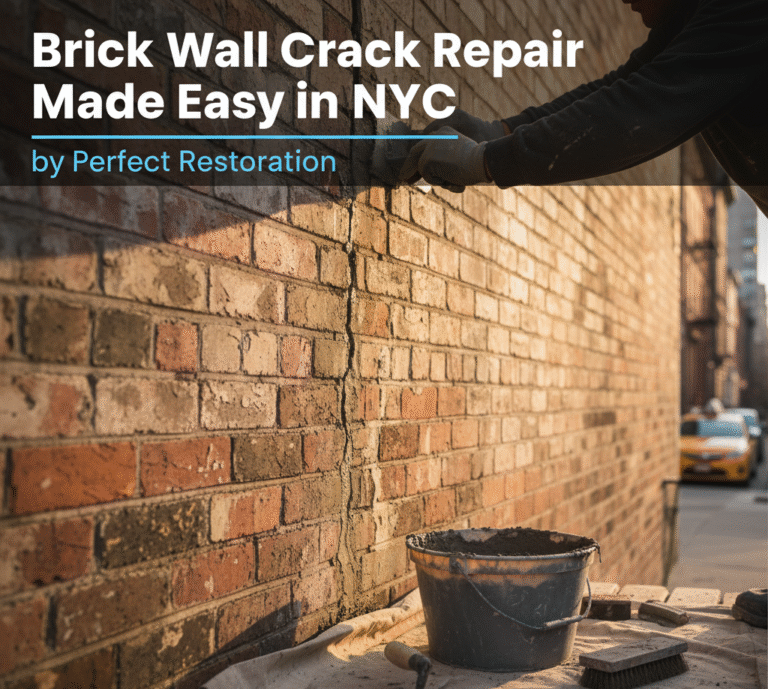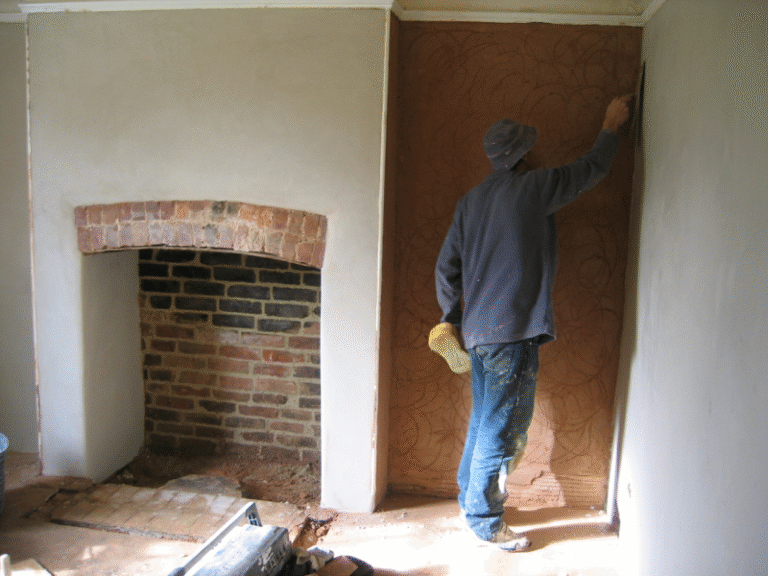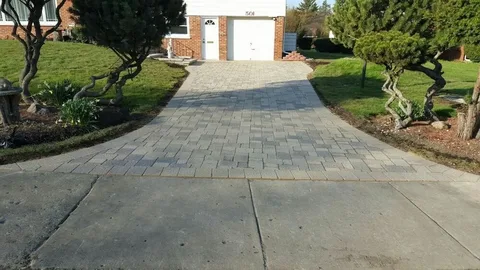Brick Wall Sealant – The Complete Masonry Protection Guide
For generations, brick has been a reliable building material because of its strength, longevity, and classic beauty. However, one frequent adversary can weaken even the most resilient brick walls: moisture. Unprotected masonry can be gradually harmed by rain, snow, and humidity, which can result in fractures, discolouration, and structural instability.
A brick wall sealant can help with that. Applying the proper sealer can make all the difference, whether you’re trying to protect inner masonry, waterproof a home’s exterior, or seal a historic brick façade.
Everything you need to know about sealing brick walls will be covered in this guide, including the significance of waterproofing brick walls, how to choose the best brick wall waterproofing products, and application advice.
The Importance of Brick Wall Sealing
Brick is thought to be naturally waterproof by many homeowners. Brick is porous, which means it absorbs water, even though it is a sturdy material. This moisture that has been absorbed over time can:
Reduce the wall’s aesthetic appeal and lifespan Induce efflorescence, or white spots on the surface In colder regions, induce freeze-thaw damage Promote the spread of mold or mildew Weaken mortar joints and cause crumbling
A protective barrier that keeps water out while letting the wall “breathe” can be created by using a brick wall sealer product. This avoids moisture buildup, which can be as harmful as exposure.
Brick Wall Sealant Types
Sealants are not all made equal. The location, age, and weather exposure of your wall will all influence your choice. The primary choices are as follows:
1. Sealers that penetrate
Exterior brick walls and façades
These create a protective layer by penetrating deeply into the brick’s pores without changing the wall’s organic appearance.
Perfect for maintaining permeability while waterproofing brick walls.
2. Sealers for Film Formation
Interior or ornamental uses
Add a thin gloss to the brick surface by creating a visible layer over it. If used outside, it may collect moisture and discolor the color of the brick.
3. Sealers made of silane or siloxane
Durable protection of external masonry Often used on historic structures when authenticity preservation is essential.
Great for sealing a brick façade from pollution and rain.
Advantages of Brick Wall Sealant Use
Using the appropriate sealer has several long-term advantages:
Moisture Protection: Prevents mold, water damage, and structural deterioration. Freeze-Thaw Resistance: Guards against cracks brought on by freezing water expansion. Stain Resistance:Protects brick from dirt, efflorescence, and pollution. Preserves Appearance: Maintains the vibrant and genuine appearance of your brick wall façade. Longevity: Increases the lifespan of brickwork, lowering future repair expenses.
In short, one of the simplest methods to protect brick walls against moisture and environmental stress is to seal them.
A Comprehensive Guide to Sealing a Brick Wall
If you’re thinking of caulking your brick wall, here’s a simple method:
1. Examine the bricks
Look for loose bricks, broken mortar joints, or fractures. Before using a sealer, repairs should be finished.
2. Tidy Up the Surface
Use a mild masonry cleanser to get rid of any grime, moss, or efflorescence. A clean surface ensures the brick wall sealer product adheres effectively.
3. Select the Proper Sealer
Choose the product that best suits your needs, such as silane/siloxane for long-term waterproofing, film-forming for interiors, or penetrating sealer for exteriors.
4. Use the Sealant.
Avoid oversaturation and apply evenly using a brush, roller, or sprayer. When working on external walls, begin at the top and work your way down.
5. Give it time to cure
For drying time, adhere to the manufacturer’s directions. Sealers typically cure in 24 to 48 hours.

Top Techniques for Brick Wall Waterproofing
To make sure the sealer won’t stain the brick, apply a little amount to a discrete area. Avoid wet days Moisture can hinder effective absorption and curing. Reapply as needed, Most sealers last 5–10 years; reapply for ongoing protection. Hire professionals for huge façades, Expert sealing for antique or multi-story buildings guarantees both quality and safety.
Selecting the Best Waterproofing Product for Brick Walls
Look for the following characteristics when choosing a sealer:
UV resistance to stop fading from sunlight Long-lasting durability (5+ years protection) Non-yellowing finish to maintain the original brick color Water repellency without retaining moisture
While some top-rated brick wall sealer products are professional-grade for extensive applications, others are made for do-it-yourself projects. Make sure the sealant is made especially for brickwork by always reading the labels.
Preserving Decorative and Historic Brick Walls
Sealing is as much about preservation as it is about protection for historic sites. The improper substance can seal in moisture and cause damage to aged brickwork. When a historic façade is sealed:
Select sealers that are vapor-permeable and breathable. Steer clear of polyurethane or acrylic coatings that obstruct airflow. For heritage buildings, think about employing professionals with brick wall waterproofing experience.
This guarantees your property remains authentic while being well-protected.
Brick wall sealing costs
The cost of sealing is determined by:
The size and accessibility of the wall, the type of sealer used, and the distinction between do-it-yourself and professional applications
Although prices vary, sealing is far less expensive than subsequently fixing masonry that has been harmed by dampness.
Keeping Brick Walls Sealed
Sealing is a continuous process. To increase security:
- Once a year, give the brick a gentle wash.
- When there are no more water beads on the surface, reapply the sealer.
- Every year, check mortar joints for cracks or gaps.
For many years, sealed brick can maintain its strength and beauty with the right maintenance.
Final Thought
The greatest defense against moisture, stains, and damage is to use a brick wall sealant, whether you’re wanting to preserve a historic home, seal a brick façade, or protect a garden wall.
Your brickwork will stay strong and aesthetically pleasing for many years to come if you select and properly apply the best brick wall waterproofing product.




